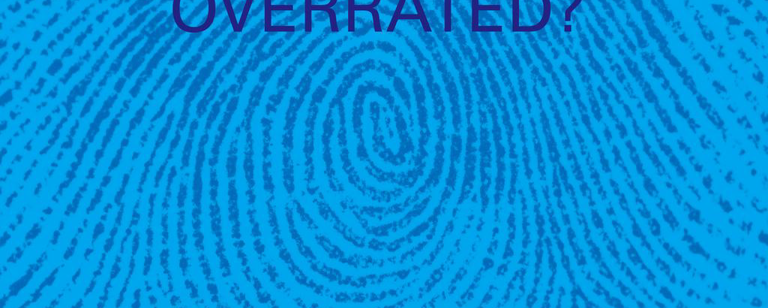The concept of scientific proof is an important one in a rational society, but what does ‘proof’ really mean and how does it inform public policy in practice?
Policy-makers often cite research as proof on contested issues. But whether or not overwhelming evidence necessarily leads to evidence-based policy is another question. Is proof overrated? How does Australian society use research to inform its decisions?
The indomitable Sally Warhaft will host what promises to be a spirited debate on the subject. Our panellists – with a wealth of experience in both policy-making and research – will debate the idea, and importance, of proof in Australia today, each referring to their individual areas of expertise.
Join Professor Peter Doherty, Associate Professor Megan Munsie, Dr Ranjana Srivastava, Professor Kate Auty, and Dr Sara Bice for a discussion of the role of research in the choices we make about everything from energy technologies, social equity, environmental policies to our use of medical breakthroughs and new communication technologies.
In four minute bursts, each speaker will make a case for proof – and then counter their own arguments with an equally persuasive case against it. The debate will be followed by a panel discussion and Q&A before the audience decides the final result.
Presented in partnership with the University of Melbourne Research Institutes.
Featuring
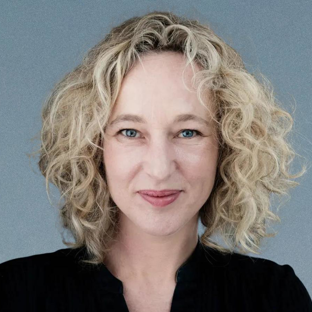
Sally Warhaft
Sally Warhaft is a Melbourne broadcaster, anthropologist and writer. She is the host of The Fifth Estate, the Wheeler Centre’s live series focusing on journalism, politics, media, and international relations, and The Leap Year ...
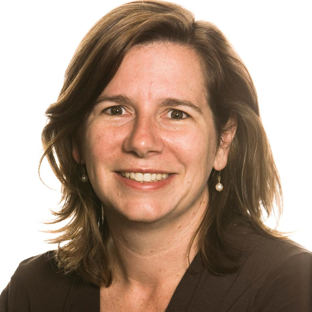
Megan Munsie
Associate Professor Megan Munsie is a scientist who combines her extensive technical expertise in stem cell research with an interest and understanding of the complex ethical, societal and regulatory issues associated with the field.
Megan has been involved in stem cell research in Australia since 1996 and is based at the University of Melbourne – where she heads the Education, Ethics, Law and Community Awareness Unit at the Australian Research Council-funded Stem Cells Australia initiative.
Over the last decade, Megan has contributed to the development of related policy in Australia and abroad; co-authored numerous educational resources for the public and health professionals, and routinely held forums to discuss stem cell research and its implications. She is a member of an international research team that is exploring community expectation in relation to stem cell science, and in particular ‘stem cell tourism’. Megan is an advisor to several organisations including Chair of the International Society for Stem Cell Research’s Closer Look at Stem Cells taskforce, and the Policy, Ethics and Translation Sub-Committee of the Australasian Society for Stem Cell Research.
Megan has a Bachelor of Applied Science from Queensland University of Technology, a Masters in Reproductive Sciences and a PhD from Monash University. During her PhD in 2000, she demonstrated that stem cells could be made from ‘cloned’ mouse embryos – the first proof-of-concept for therapeutic cloning. She has also worked as an embryologist in IVF clinics and for an ASX listed biotechnology company.
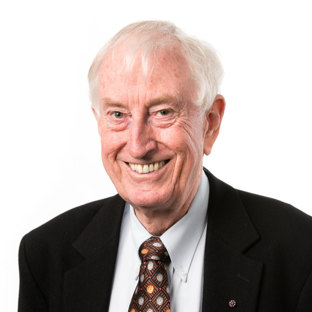
Peter Doherty
A graduate of the University of Queensland School of Veterinary Science, Peter Doherty shared the 1996 Nobel Medicine Prize for his immunology research and was the 1997 Australian of the Year.
Since then, he has gone in to bat for evidence-based reality, relating to areas as diverse as childhood vaccination, global hunger and anthropogenic climate change. So far, he has published six books on science including The Incidental Tourist and his latest, An Insider's Plague Year.

Kate Auty
Kate Auty is a Vice Chancellor's Fellow at the University of Melbourne.
She was the Commissioner for Environmental Sustainability in Victoria from 2009 to 2014. During that appointment her office audited the environmental management systems of government departments and agencies and reported on the state of the environment, climate change, biodiversity and private land, water sensitive urban design.
She has formerly held appointments as a magistrate in Victoria and in the goldfields and western desert of Western Australia, in both positions establishing Aboriginal sentencing courts in consultation with Aboriginal people.
Kate is a foundation member of the community action group Strathbogie Voices in north east Victoria which has organised an environmental discussion series this year, titled 'On the Road to Paris, 2015'. She is chair of the Melbourne Sustainable Society Institute Advisory Board, Chair of the National Electronic Collaborative Tools and Research Advisory Board, a Member of the Murray Darling Basin Authority Advisory Committee, and Member of the Australian Urban Research Infrastructure Network.
Kate continues as a barrister in Victoria.
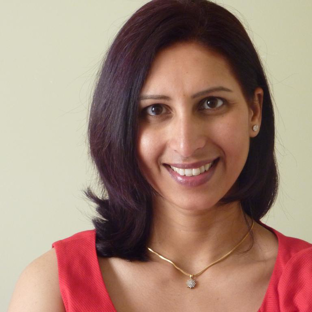
Ranjana Srivastava
Dr Ranjana Srivastava is an oncologist, Fulbright scholar and award-winning author. She is a Walkley Award finalist for her columns on medicine and humanity in the Guardian.
Her honours include the Human Rights Literature Prize and a medal of the Order of Australia for her contribution the field of doctor-patient communication. Her latest book is called A Better Death: Conversations about the Art of Living and Dying Well.

Sara Bice
Sara Bice is a social scientist and director of research translation for the Melbourne School of Government. She’s spent much of her career working with communities, corporations and government affected by mining, oil and gas projects to reduce social impacts and improve policy outcomes.
She is co-chair, corporate stewardship and risk management, for the International Association for Impact Assessment. She has won awards for her academic writing, and her book, Responsible Mining, is soon to be published by Routledge.
Sara’s eclectic career has seen her interning at a North Carolina rock radio station, doing international development work with Oxfam Australia, and working as project director for a women’s empowerment network, business school lecturer and self storage expert.
A Melburnian by heart, not by birth, her work has taken her to distant communities around the world including Papua New Guinea, West Africa and the Australian outback.
